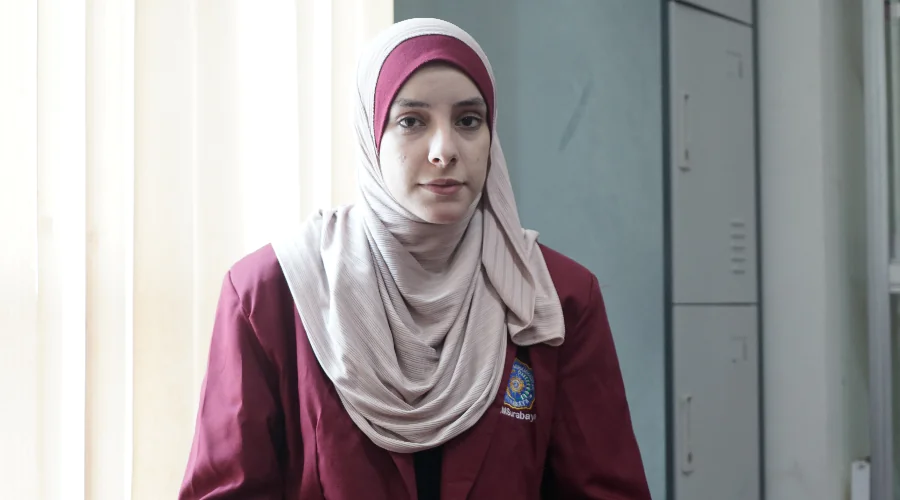
- 05 Jun
- 2023
Ilustrasi gambar (Shutterstock)
FKG UM Surabaya Lecturer Shares Tips So Children Are Not Afraid of Going to the Dentist
Sometimes parents don't realize how important it is to take their child to the dentist as early as possible. Because according to the recommendations of the AAPD (American Academy of Pediatric Dentistry) it is recommended to take children to the dentist before the age of 1 year and even starting at 6 months of age and or when the first teeth erupt.
Making the first visit to the dentist a pleasant experience is not easy, so parents need to know about the tips so that the visit to the dentist runs smoothly.
UM Surabaya Faculty of Dentistry (FKG) lecturer Bingah Fitri Melati shared 7 tips that parents can do so that their children are not afraid of going to the dentist.
First, accustom children to maintain oral hygiene. The oral cavity must be cleaned regularly from the age of the baby by using moistened gauze to remove any remaining breast milk/milk.
“Brushing a child's teeth begins with the first teeth erupting twice a day, in the morning after eating and at night before going to bed. Apart from getting children used to oral hygiene, this activity will also make it easier for dentists when examining children's oral cavity, namely when inserting tools into a child's mouth, there will be no objection," said Bingah Monday (5/6/23)
Second, playing the role of being a dentist, this can give children an idea of what to do when they visit the dentist. Invite another family member or their favorite doll to pretend to be a patient and ask them to open their mouths to be examined. Children can also be introduced through books or educational videos on how to visualize during a dental examination.
Third, convey the reasons for visiting the dentist in simple and good language. Often children perceive going to the dentist as a punishment for not wanting to brush their teeth and/or being afraid they will get an injection if they don't comply. This will make children more resistant and afraid to do dental examinations.
"The importance of conveying to children that dental examinations are a positive thing that will make their teeth healthy so they won't feel toothache anymore," added Bingah again.
Fourth, find information about the dentist who will treat you and the clinic you will visit. Children can also be involved in this information search so that children will feel comfortable when they meet the dentist for the first time. The emotional bond between the child and the dentist will be well established from the start so that no matter how hard the treatment plan is, the child will be able to go through it well.
Fifth, take your child to the dentist before having a toothache. As parents, we must introduce our children to the dentist without having to complain about toothache. This will make the child have a good memory about visiting the dentist. Because if the child has complaints, the child becomes less cooperative and the treatment options are not as easy as if there were no complaints.
Sixth, give appreciation to children. Give praise when the child is willing to be invited and can do a dental examination and if the planned treatment plan cannot be carried out at that time, keep giving praise and encouragement for what he has gone through.
"This will make the child feel valued and make the child trust the dentist so that at the next visit the child can be more cooperative in treatment," he said.
Finally, schedule regular visits to the dentist every 6 months. The dentist will see the development of the child's teeth on a regular basis, to see if any teeth will grow, how the direction of growth is good or not, whether there are cavities, and to provide information on preventing cavities in children's teeth.
"If you routinely control the dentist, the treatment given is relatively simple," concluded Bingah.










(0) Comments